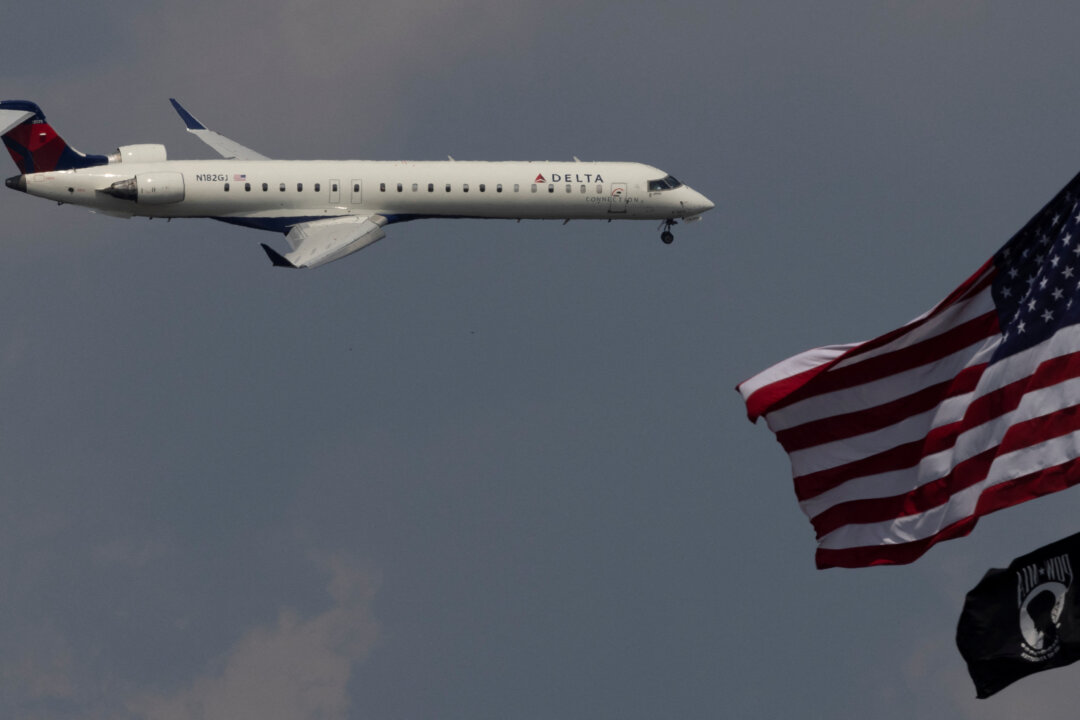The Trump administration has mandated that Delta Air Lines and Aeromexico terminate their joint venture by January 1, 2024. This decision follows concerns over the competitive implications of their partnership, which allowed the two airlines to collaborate on scheduling, pricing, and capacity for flights between the United States and Mexico.
The U.S. Transportation Department initially proposed the dissolution of the nearly nine-year-old joint venture in July 2023. This move aligns with the Biden administration’s ongoing review of the aviation sector, particularly regarding its impacts on competition in the U.S.-Mexico travel market. The department’s recent statement described the joint venture as fostering “ongoing anticompetitive effects” that unfairly benefited both airlines.
Background on the Joint Venture
Established in 2015, the collaboration between Delta and Aeromexico was intended to enhance connectivity and efficiency for travelers between the two countries. However, the U.S. Transportation Department has expressed concern that the arrangement has led to decreased competition and higher fares in key markets, particularly between major cities like Mexico City and U.S. destinations.
In January 2024, the Biden administration indicated its intention to reassess this partnership, citing the need to uphold competitive practices within the aviation industry. The department’s recent decision reinforces its commitment to ensuring fair competition, a sentiment echoed in various statements from officials.
Implications for the Aviation Industry
The termination of the Delta-Aeromexico joint venture may have significant implications for the aviation industry, particularly in the context of U.S.-Mexico travel. Travelers could potentially see changes in flight availability and pricing as both airlines adjust to operate independently. Industry experts suggest that this move could lead to more competitive options for consumers but may also prompt airlines to rethink their strategies in other international markets.
Washington has also indicated a broader scrutiny of aviation practices, including potential actions against European countries regarding airport access limitations. This development shows a concerted effort to address perceived inequities in the international aviation sector.
The decision to dismantle the joint venture is a notable intervention by the federal government, reflecting an ongoing commitment to monitor and regulate airline partnerships. The U.S. Transportation Department continues to emphasize its role in fostering a competitive environment that ultimately benefits consumers.
As the January deadline approaches, both Delta and Aeromexico will need to prepare for the operational changes that will arise from this mandatory separation. The effects of this decision will likely unfold over the coming months, shaping the landscape of air travel between the United States and Mexico.








































































